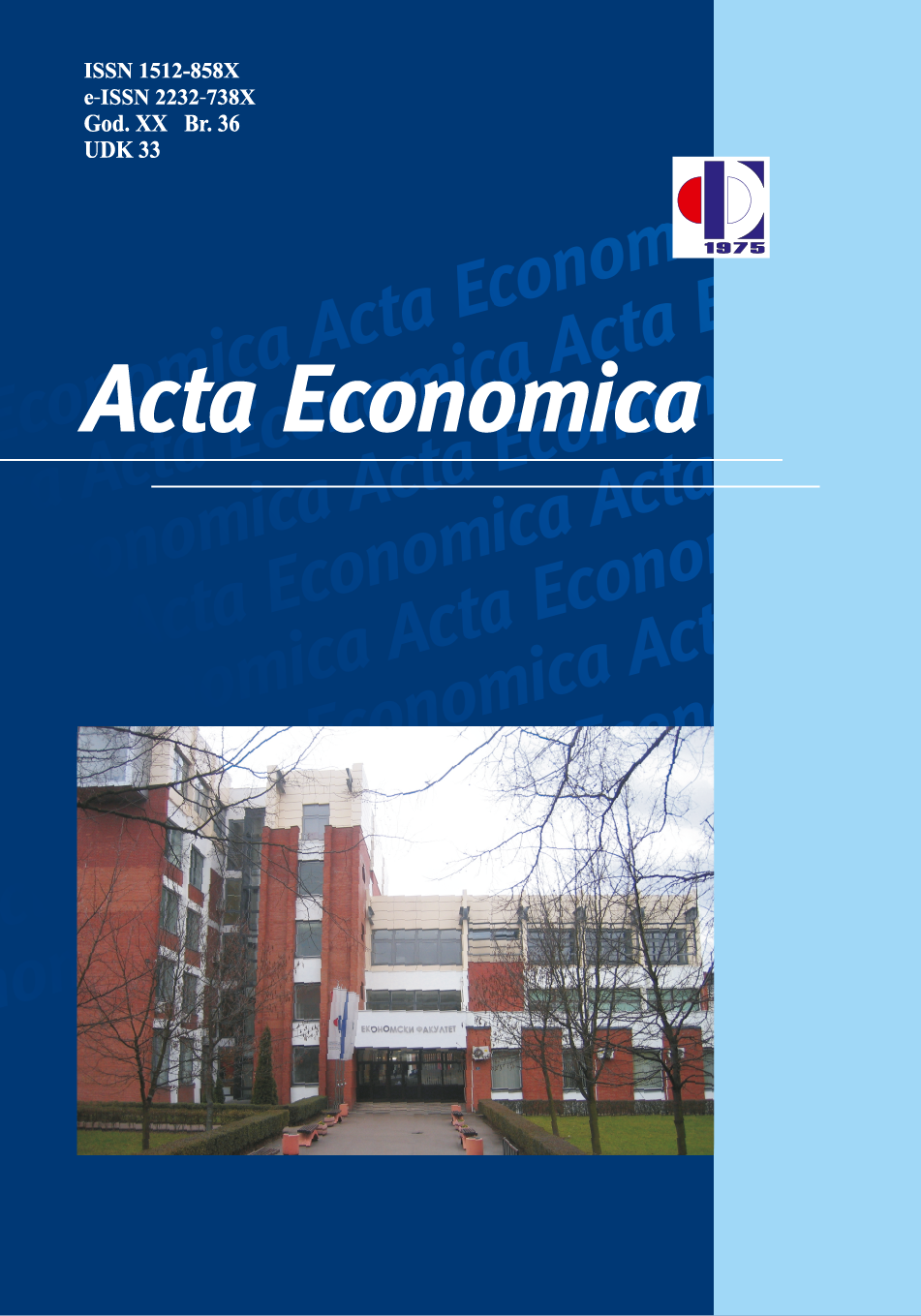THE CASE OF DISPOSAL OF NUCLEAR WASTE IN TRGOVSKA GORA IN THE REPUBLIC OF CROATIA: ECONOMIC AND LEGAL CONSEQUENCES FOR BOSNIA AND HERZEGOVINA
DOI:
https://doi.org/10.7251/ACE2236195PAbstract
The storage of nuclear waste planned by the Republic of Croatia in Trgovska gora, located on the border with Bosnia and Herzegovina in its northern part, causes controversy and has far-reaching consequences for the population, flora and fauna, and the environment itself. In parallel with these consequences, it will affect the economic development of 13 municipalities in the Una basin. Croatia has already carried out part of the research, examined the terrain and moved on to geological research. In addition, an environmental impact study is planned and should be completed by 2023. Bosnia and Herzegovina has committed itself to find a solution through diplomatic channels with the Republic of Croatia and the application of international legal standards in this area, as well as legal options available to BiH to protect its interests and mechanisms to deter Croatia from disposing nuclear waste at the site. In the event that Croatia implements this project and builds a nuclear waste dump in Trgovska gora, in addition to environmental consequences, it will affect the economy of municipalities in the Republic of Srpska in terms of a fall in real estate prices, jeopardize agricultural land and create a significant outflow of population.

